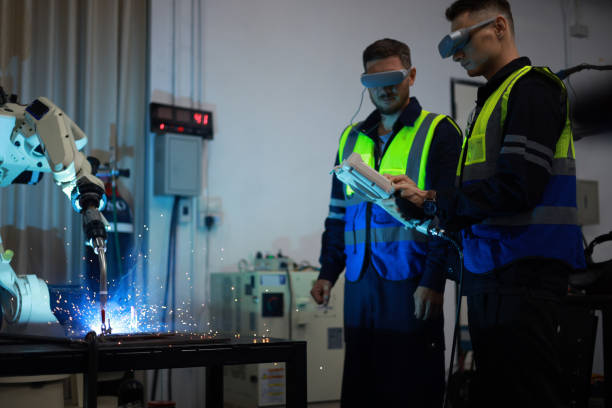
Developing Robust AI Safety Systems for Emerging Technologies
August 5, 2024Artificial intelligence (AI) has rapidly become an integral part of our daily lives, revolutionizing industries ranging from healthcare to finance. As AI continues to advance at a rapid pace, it is crucial that we prioritize the development of robust AI safety systems to ensure that these technologies are used responsibly and ethically.
One of the biggest challenges in developing AI safety systems is ensuring that these systems are capable of understanding and adhering to ethical guidelines. This involves not only programming machines to follow certain rules and regulations but also instilling them with a sense of morality and empathy. For example, self-driving cars must be programmed to prioritize the safety of pedestrians over the convenience of passengers, even if it means sacrificing the life of the driver.
Another important aspect of developing ai safety system systems is ensuring that these technologies are secure from malicious attacks or unintended consequences. As AI becomes more sophisticated, there is a growing concern about its potential for misuse or exploitation by bad actors. It is essential that we implement robust cybersecurity measures to protect against hacking or manipulation of AI systems.
Furthermore, as AI continues to evolve and integrate into various aspects of society, there is a need for clear regulations and standards governing their use. This includes establishing guidelines for data privacy, accountability, transparency, and fairness in decision-making processes. Without proper oversight and regulation, there is a risk that AI could be used in ways that harm rather than benefit society.
In addition to ethical considerations and security concerns, another challenge in developing robust AI safety systems lies in addressing bias and discrimination within these technologies. Many AI algorithms have been found to exhibit biases based on race, gender, or other factors due to biased training data or flawed design choices. It is crucial that developers actively work towards mitigating these biases through rigorous testing and validation processes.
Overall, developing robust AI safety systems requires a multi-faceted approach that encompasses ethical considerations, cybersecurity measures, regulatory frameworks, and bias mitigation strategies. It is essential that stakeholders across academia, industry, government agencies collaborate closely to address these challenges proactively.
As we continue to witness rapid advancements in artificial intelligence technology across various sectors such as healthcare diagnostics or autonomous vehicles; it becomes increasingly imperative for us as a society collectively take responsibility for ensuring the safe deployment thereof – lest we risk facing unintended consequences down the line which could potentially pose significant risks both socially economically if left unchecked.


